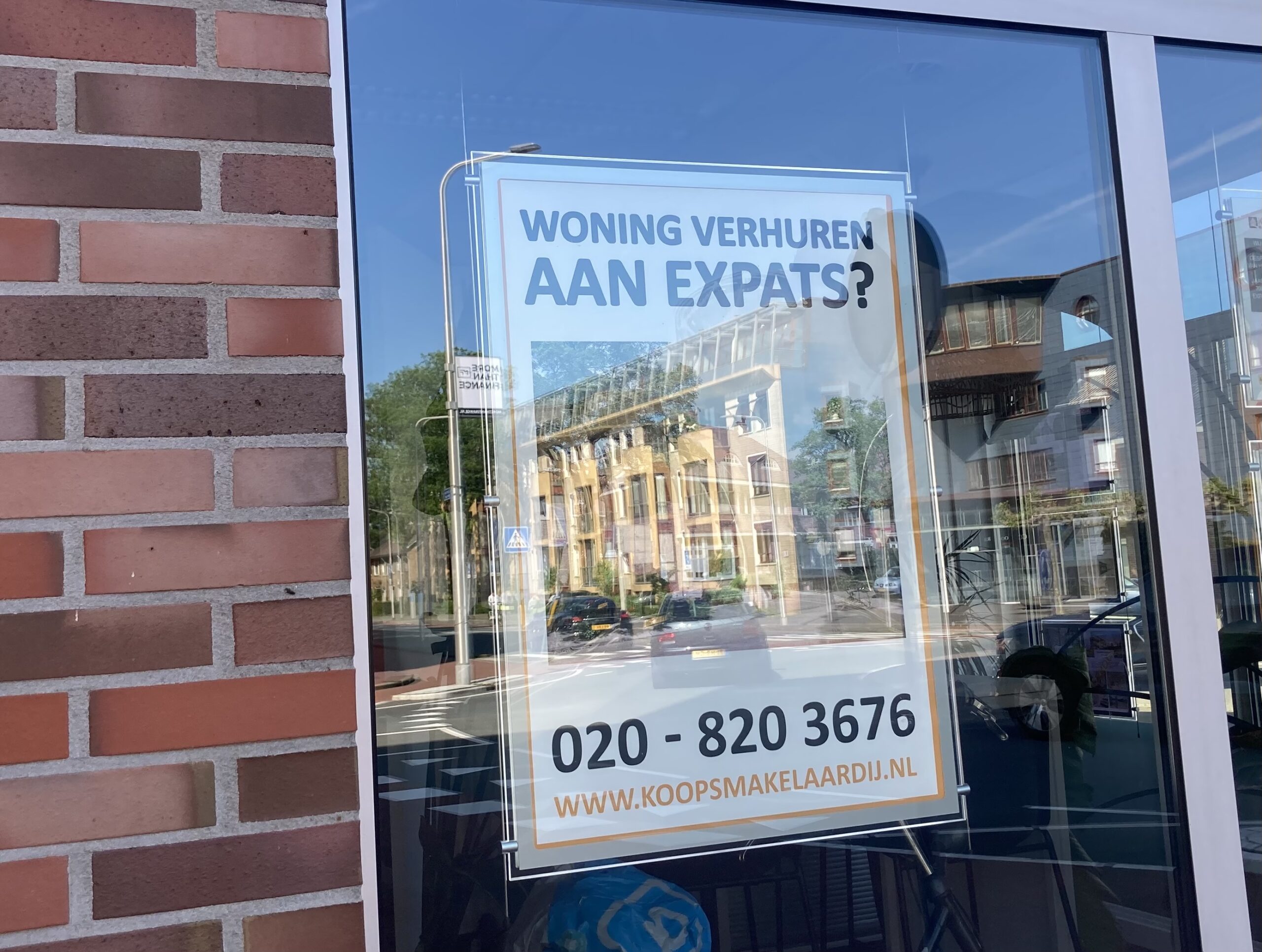Senators set to back expanding rent controls to 90% of homes

Legislation to bring more homes under the Dutch rent control system are likely to be accepted by the senate next week, despite the opposition of the pro-farming BBB, which is the biggest party in the upper house of parliament.
During Tuesday night’s debate on the plans, which will extend rent controls to properties worth up to €1,123 per month, it became clear that the PVV will vote in favour, unlike the BBB and VVD, which are two of the far right party’s new coalition partners.
The law is set to come into effect on July 1 and the new rules will require landlords to tell new tenants how many points their property is worth from that date – although there may be a six month delay to give landlords more time to collect the information.
The points determine the maximum rent and tenants will be able to go the rent tribunal and ask for a cut if the basic rent is above this limit up to a year after signing a contract.
Lobbying against the new law has been fast and furious, with senators reporting they had been inundated with messages calling on them to vote against the measures. Landlords and property developers have been campaigning to have the plans put on ice, arguing that the new measures will discourage people from renting out property and lead to a surge in sell-offs.
“I place greater importance on fair rental prices,” GroenLinks-PvdA senator Hetty Janssen-Van Helvoort said during the debate. “My party is expressly in favour of the tenant.”
In effect, the minister plans to hike the current maximum rent in the rent-controlled sector from €879 per month to €1,123 – based on the number of points a property is worth.
At the moment landlords have free choice in deciding the rent of property which is calculated to be worth more than 143 points in the regulatory system. Homes with fewer points are classed as social housing with a maximum price of €879 per month and are only open to people on low incomes.
De Jonge’s new maximum will be between 186 points, which means far more properties will fall under rent controls. Points are awarded for amenities such as the number of bedrooms, whether or not the apartment has luxury bathroom fittings, and the age of the property.
Rent cuts
Ministry officials estimate the rent of some 300,000 homes will go down an average of €190 when a new tenant moves in, and that 113,000 additional homes will become rent-controlled. The changes should benefit international workers, particularly in the bigger cities, where landlords often charge high rents for tiny houses although the new rules will only apply to new tenancies.
The point system is also being overhauled to give more weight to high energy labels, outside space, and the quality of kitchens and bathrooms. Annual rent rises will be in line with wage increases plus 1%.
Currently, 57% of the Dutch housing stock is owner-occupied, 33% is rent-controlled and just 9% is available for people earning more than €40,000 who wish to rent. Housing corporations own the bulk of the rental properties but 1.2 million are in the hands of private investors, many of whom just own a couple of apartments as a pension.
Senators will vote on the new legislation next Tuesday.
Thank you for donating to DutchNews.nl.
We could not provide the Dutch News service, and keep it free of charge, without the generous support of our readers. Your donations allow us to report on issues you tell us matter, and provide you with a summary of the most important Dutch news each day.
Make a donation